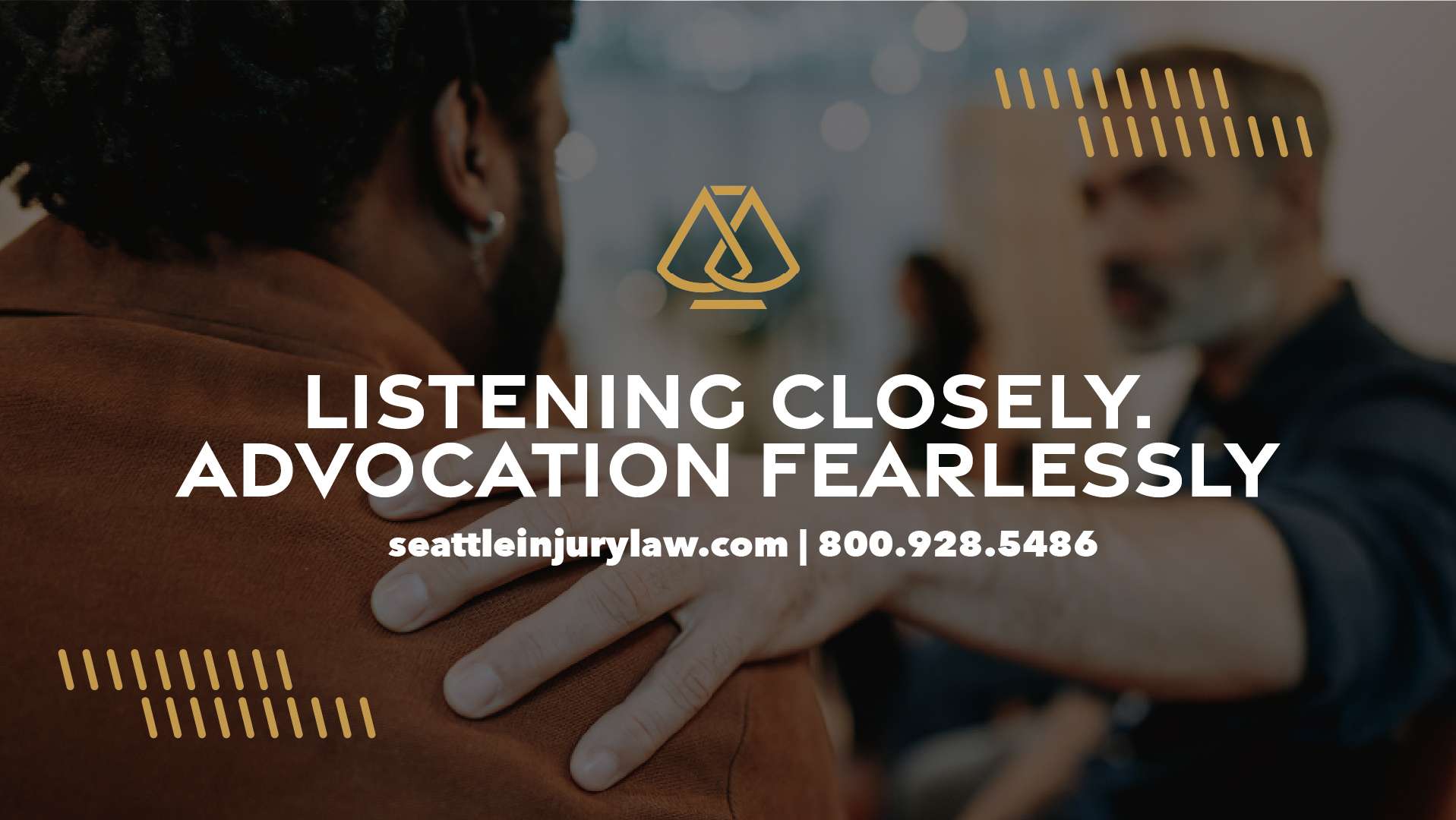Most people know about Seattle personal injury claims for physical injuries, but claims can also recover damages for psychological wounds. A personal injury is harm that is caused to a person during an incident. This definition does not exclude emotional distress from being a type of personal injury.
Regarding personal injury claims, the purpose is to get a fair settlement for injury victims that will cover all of the damages incurred. If someone is hurt in an accident because of another party, they will suffer in many ways. Most of the damages haggled over in a case by attorneys and insurance adjusters are compensatory damages. These include lost wages, reduced earning capacity, medical expenses, and property damage. The other type of damage is non-economic, which includes damages from pain and suffering/emotional distress.
Many survivors of accidents end up suffering from emotional distress. It’s a common outcome when someone has undergone a traumatic experience. There isn’t just one way that emotional distress can manifest itself – there’s post-traumatic stress disorder (PTSD), depression, paranoia, anxiety, and more. Mental harm can be as disabling and debilitating as a physical injury. The negative impact it can have on a person’s life should not be ignored. In some cases, such as the Alaska Airlines door plug incident that has been in the news, victims will file a lawsuit for emotional distress and not physical injuries. In other claims, emotional harm will be part of a claim that includes damages such as medical expenses and wage loss.
Let’s say that someone is involved in a car wreck in Seattle that another driver caused through their reckless behavior. The victim could list one of their damages as emotional distress. Another example is that someone could file for emotional distress if they experienced harassment or bullying at their place of work. Laws for emotional distress claims are different depending on jurisdiction. Having an experienced personal injury attorney by your side means that you won’t have to worry about it because they know every detail of the law.
Some states have an “impact rule”- basically, this means that for a victim to get compensation for emotional distress, they have to have been physically injured. Thankfully, Washington doesn’t have this rule. Victims of emotional distress caused by another party can pursue a claim to recover damages. They can do this even if they suffered no physical injuries in the accident.
Insurance companies will often try to downplay or outright dismiss emotional harm, but it’s very real. When someone hears “personal injury,” the first thing that comes to mind will usually be a physical injury (workplace injuries, car accident injuries, animal attack injuries, etc.). However, when people are injured in an accident, it often causes psychological harm as well. The event itself could cause trauma to somebody even if they weren’t physically injured.

For people who went through a traumatic accident, it can feel daunting to try and file a personal injury claim. However, recovering compensation can improve a person’s quality of life significantly and is worth the effort. Emotional harm and injuries greatly impact a person’s life, and they deserve to recover damages. There are many ways a person can experience symptoms of emotional distress. Some of the signs that a person is dealing with emotional distress include:
- Severe Mood Swings
- Anger and Frustration
- Paranoia and Anxiety
- Severe Mood Swings
- Depression
- Sleep Issues, Such as Nightmares and Insomnia
- Cognitive Changes
- Embarrassment and Humiliation
- Reduced Quality of Life
- Distress Because of Disability
Emotional distress damages can be subjective – if two people got injured in the same way, it could have a widely different psychological impact on each of them. Because it can be complicated, emotional distress can be difficult to prove. It does not have an exact definition, but attorneys can use this in their favor when arguing a case. Without a specific definition, this leaves room for different legal approaches. With the help of an experienced personal injury lawyer, you can get compensation for emotional damages.
It’s important to seek out medical care if you were involved in an accident, even if you aren’t sure if you were hurt or not. Your doctor should ask you if you are experiencing psychological symptoms after what happened. Symptoms of emotional distress need to be properly documented when you visit a medical professional. Your attorney can use this for your case as evidence. It’s also a smart idea to keep a journal throughout your recovery, recording how you feel. You can be as detailed as you’d like. These notes could help prove emotional distress.
Another way that your attorney can prove emotional distress is by talking to people close to you, such as family members, coworkers, and friends. They can testify as to how you were affected by the accident. Seattle Injury Law has extensive experience calculating fair settlement amounts for our clients. We’ll first add up your economic (AKA tangible) damages, which include things such as medical expenses and lost wages. After that, we multiply that amount. This total sum will be the proposed settlement amount to be negotiated.
To recover any type of damages, you have to prove that the other party was acting negligently. This means that they have a duty of care, which they breached, and this caused you to get injured or suffer emotional distress. For emotional distress claims, your representation has to prove that what you’re dealing with is serious and abnormal. Evidence such as statistics, medical testimony, research studies, and more can be used to strengthen your case. If you suffered harm from an accident, whether physical, mental, or both, we can help you get justice.
Contact Seattle Injury Law, and we will provide you with a free case consultation. We will fight to get justice for you. It’s crucial that you reach out to a law firm as soon as possible so that they can get started building your case.

Reach Out To Us!




